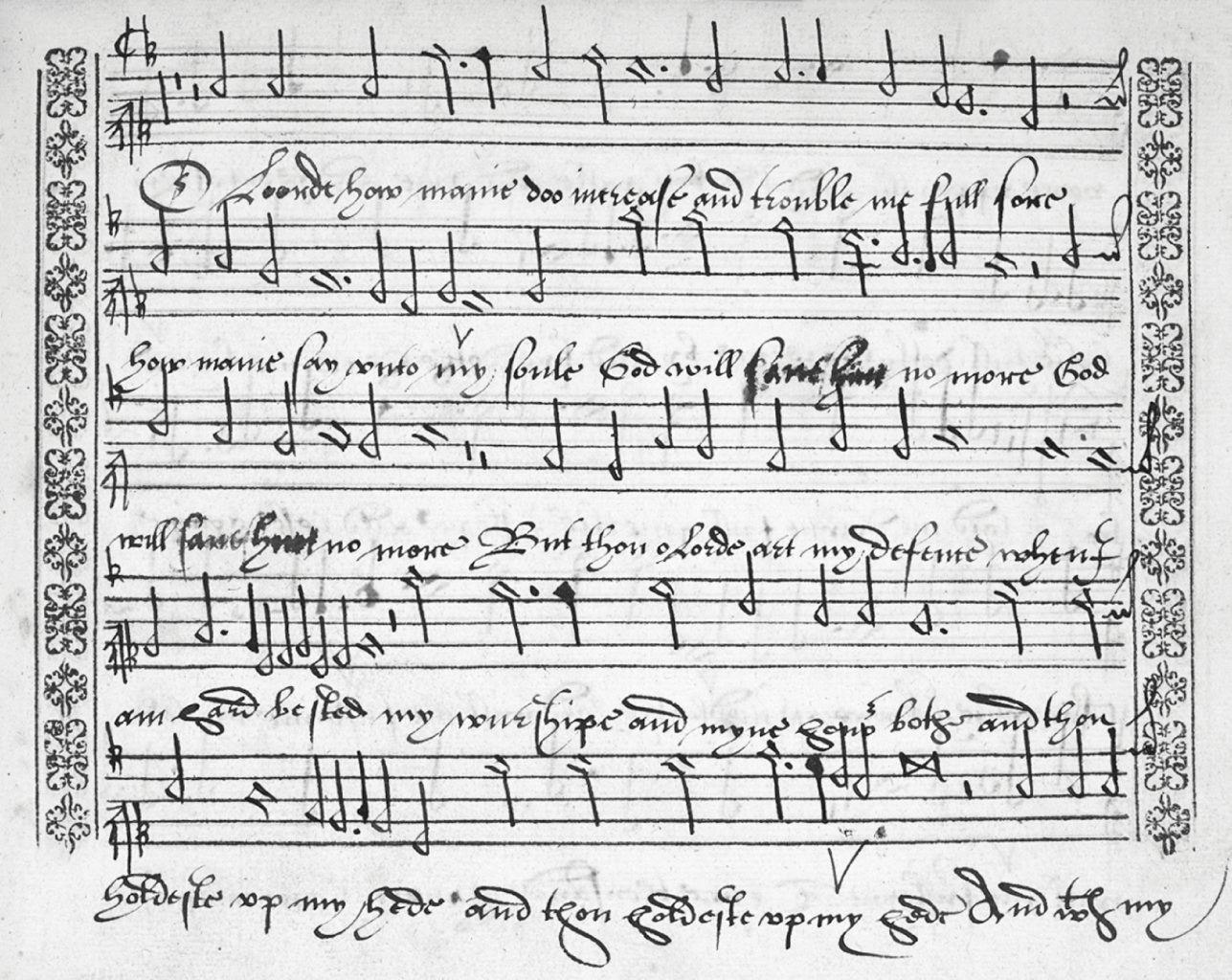
Some of them, like the New York-based Dorene Publishing Co., offered up the "secrets of magic" as well. It is still banned in Jamaica.ĭuring the 1930s, many small-time publishers sprang up to cater to the popular thirst for escapist pulp literature. Thanks to Delaurence's skillful use of international newspaper advertising and mail-order techniques, "The Great Book of Magical Art" became a sought-after American export among aspiring magicians overseas, though a notorious one. It was, in fact, a plagiarized copy of an English book of ritual magic called "The Magus" (1801). One of his early successes was "The Great Book of Magical Art, Hindu Magic and East Indian Occultism." Apart from including photographs from India, the book had nothing to do with that country or its occult traditions. By 1905 he had set up his own publishing house, where he produced books on mysticism, spiritualism and magic. Born in Cleveland in 1868, the former railroad-crossing sweeper began his rise to occult fame by selling hypnotism manuals door-to-door. In the Caribbean and parts of West Africa, if not in his home country, the name of William Lauron Delaurence still invokes awe. The Great Book of Magical Art, Hindu Magic and East Indian Occultism Its reputation suffered in the early 20th century due to claims that it lay behind a spate of Pennsylvanian "hex murders," such as the case of the Reading blacksmith,ģ. They embraced the "Sixth and Seventh Book"-with its pseudo-Hebraic talismans and magical psalms-as a text that had long been withheld from them by the white establishment. The notion of Moses as an all-knowing African prophet and magician was a powerful one for African-Americans. English-language editions appeared in 1880.


Like "The Long Lost Friend," it had its origins in late 18th-century Germany, and its first publication in the U.S. The title is provocative, but of course Moses did not write the "Sixth and Seventh Books of Moses." The book (whose actual author is unknown) was based on ancient but enduring claims that Moses wrote down more divine knowledge than was contained in the first five books of the Hebrew bible.


 0 kommentar(er)
0 kommentar(er)
